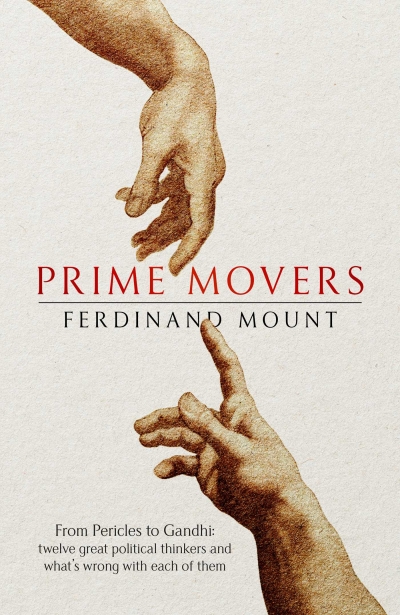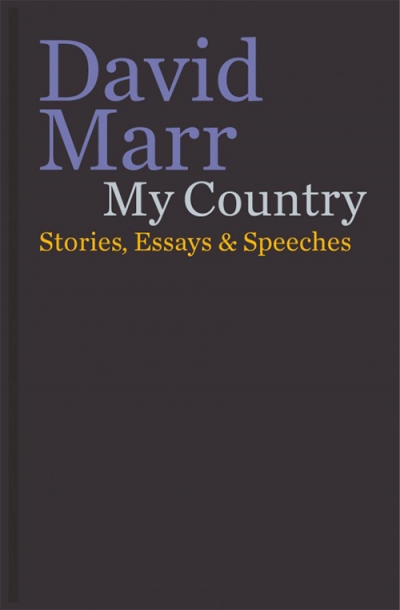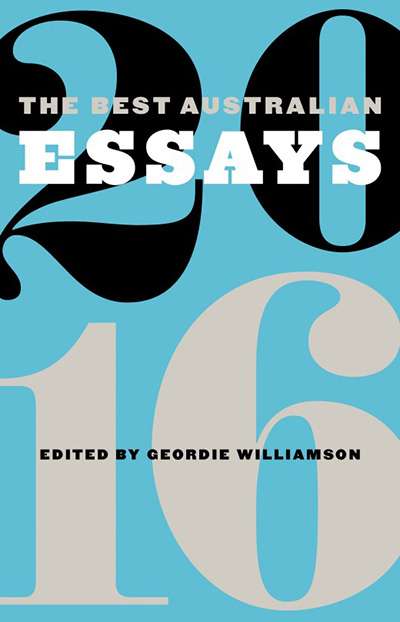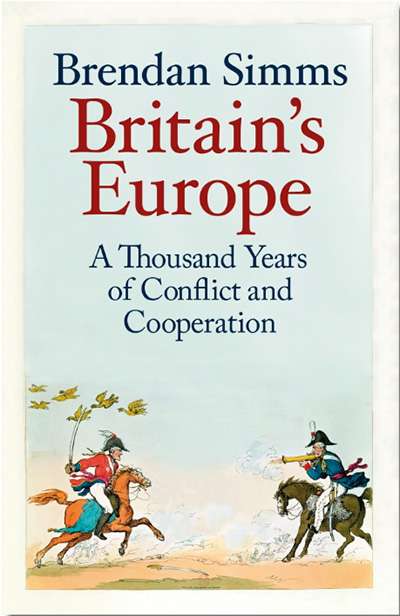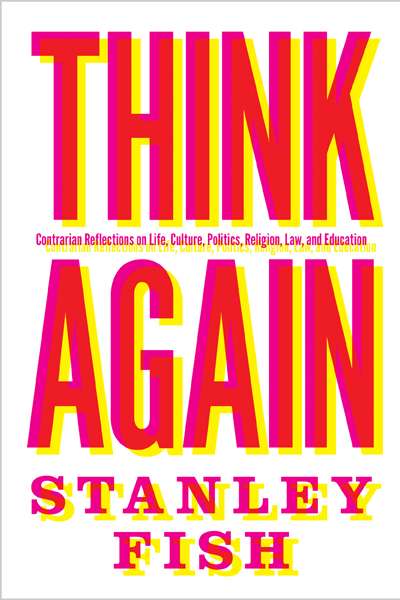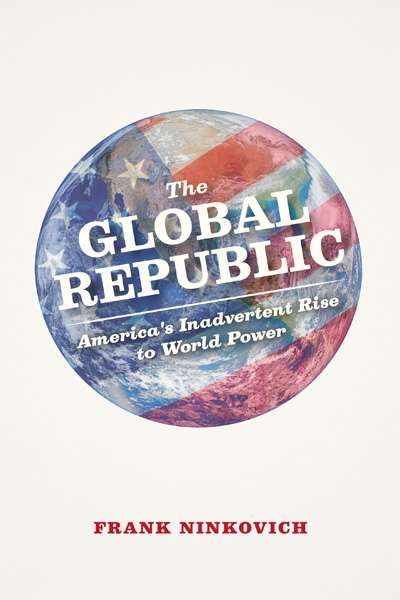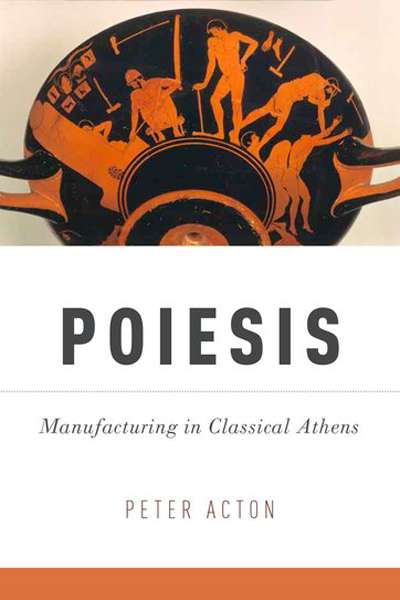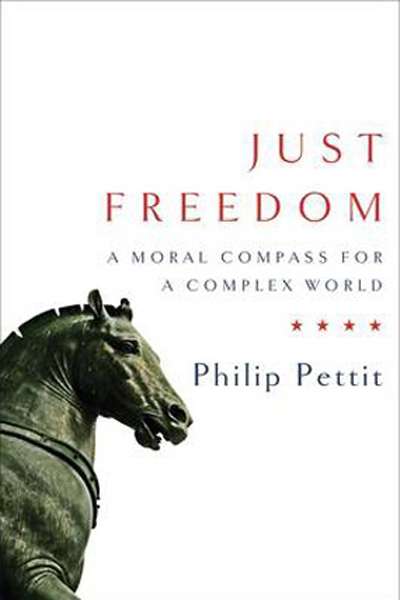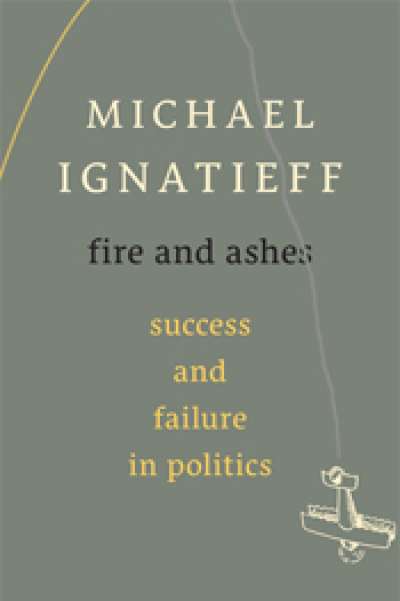Glyn Davis

Glyn Davis is CEO of the Paul Ramsay Foundation, and Distinguished Professor of Political Science at ANU. Previously he was Vice-Chancellor of the University of Melbourne (2005–18). His publications include The Australian Policy Handbook (Allen & Unwin, 2007) The Future of Australian Governance (Allen & Unwin, 2000), and Are You Being Served?: State, Citizens and Governance (Allen & Unwin, 2001). He gave the 2010 Boyer Lectures and has most recently published On Life’s Lottery (2021).
There was excitement. David Marr, newly appointed editor of the National Times at just thirty-three, had agreed to speak with politics students on campus. Volunteers were dispatched to buy the obligatory felafel and cheese, plastic cups, and cask wine, and at 3 pm the famous journalist arrived to address a small but enthusiastic group of undergraduates.
... (read more)
On 23 October 2018, at Parliament House Canberra, Professor Glyn Davis launched the second volume of former Prime Minister Kevin Rudd’s memoirs, The PM Years. Here is a transcript. ABR is grateful to Professor Davis for allowing us to reproduce his speech. Our review of The PM Years will follow. Neal Blewett reviewed the first volume for ABR.
A decade on …
G’day. My name is Glyn Da ... (read more)
An annual challenge: how to select essays which capture the moment but live beyond the immediate?
For some, rigour matters. The series editor for The Best American Essays invites magazine editors and writers to submit contributions to a Boston postal address. The rules are strict: an essay is a literary work that shows ‘an awareness of craft and forcefulness of thought’. It must be printed du ... (read more)
Glyn Davis reviews 'Britain's Europe: A thousand years of conflict and cooperation' by Brendan Simms
For elections in Britain, the polling stations stay open until late, with counting through to dawn. So it was a sleepless night for many on Thursday, 23 June 2016 watching the Brexit referendum results on BBC1, its impressive graphics showing a divided country with cities supporting Europe, the countryside firmly against. As a new working day began, the count topped the 16.8 million votes required ... (read more)
Should American academics boycott contact with Israeli universities in protest against events in Palestine? The issue has been fiercely debated at many American colleges, argued at meetings of the American Association of University Professors, dilated in the broader media. Those supporting a boycott, writes Stanley Fish in Think Again, rely on an expanded definition of the academic mission. Injust ... (read more)
‘There’s a greater problem here. This is a president who won’t proudly proclaim American exceptionalism, maybe the first president ever who truly doesn’t believe in that … Look at his foreign policy. Doesn’t believe [in] America as a force for good, it doesn’t seem. Seems like instead, he believes in multilateralism as a goal, not a tactic. He allows foreign capitals to have veto pow ... (read more)
On what terms should we interrogate the past? Ancient life can seem essentially unknowable, a place where everything is different, glimpsed only in the words of those who lived then and surviving traces of material culture.
The Cambridge classical scholar Sir Moses Finley argued for an interpretation of ancient life bounded by then current civic and religious beliefs. Finley’s The Ancient Econo ... (read more)
In a recent Prospect interview, distinguished Princeton and ANU scholar Philip Pettit described political philosophy as a conversation around various themes. Some voices focus on power or freedom, others on democracy or the nature of the state. The conversation should extend beyond the academy, argued Pettit, to embrace public intellectuals, journalists, commentators, political scientists, activis ... (read more)
Knowledge gained through academic life is no preparation for political practice. So found Michael Ignatieff, the distinguished Canadian historian and public intellectual. In October 2004 he was teaching at Harvard University when approached by ‘three men in black’. These Liberal Party power brokers suggested Ignatieff leave the classroom and run for office. Fire and Ashes tells what happened n ... (read more)

